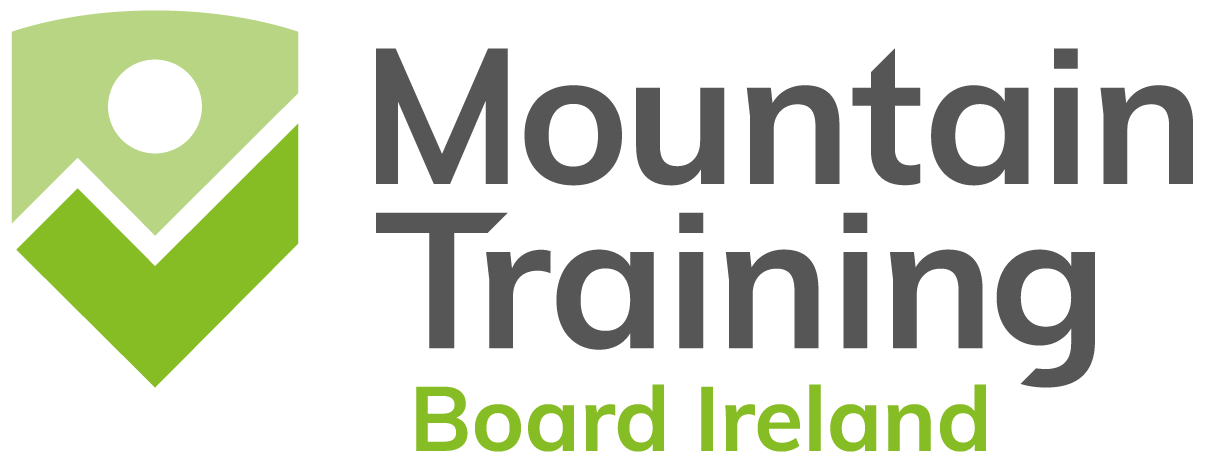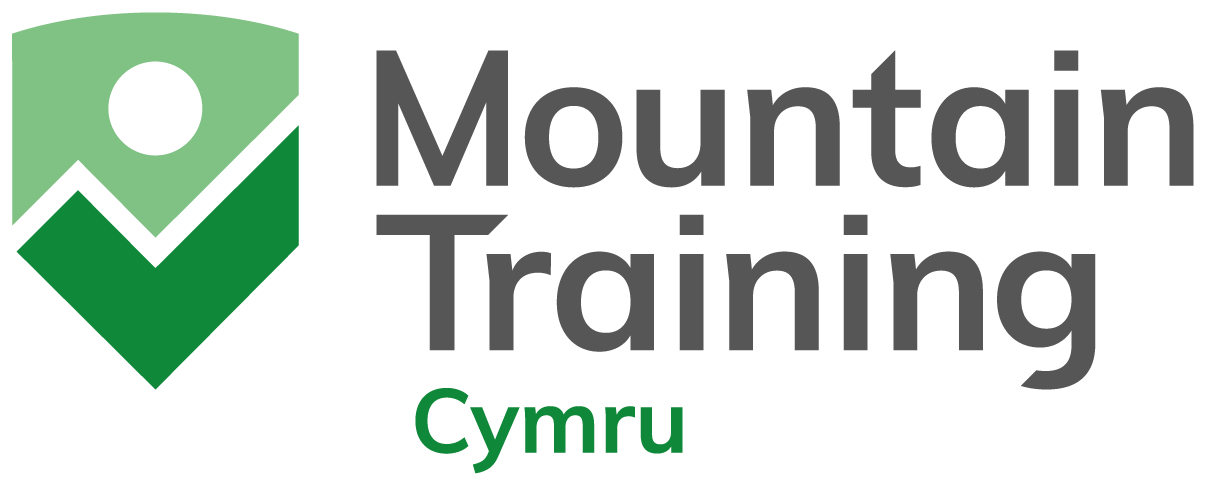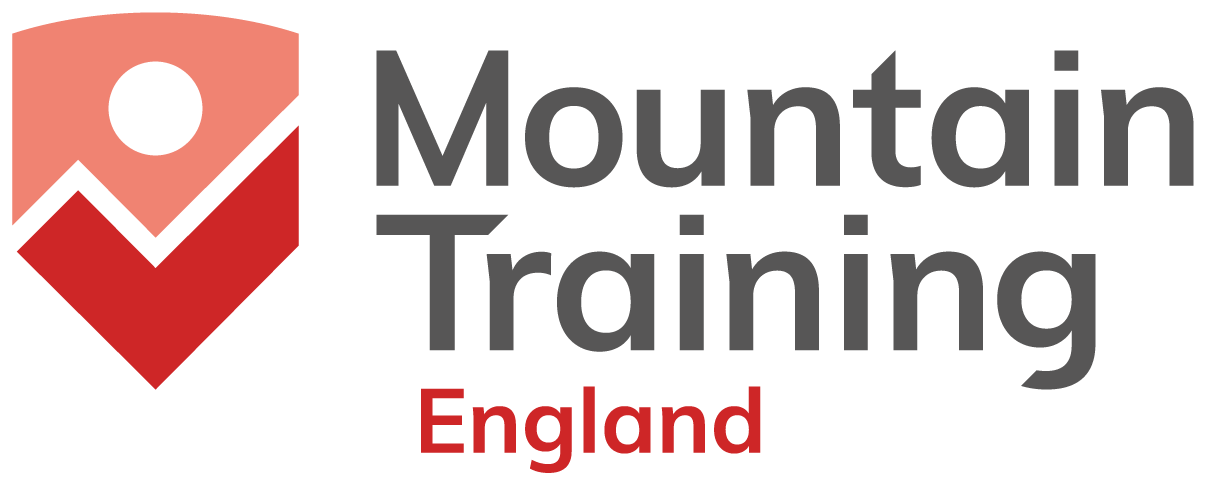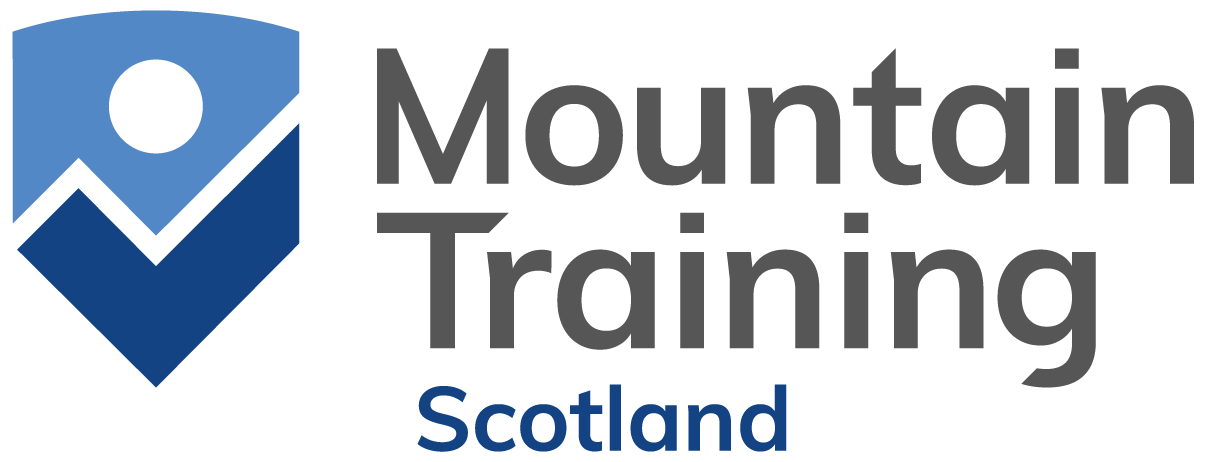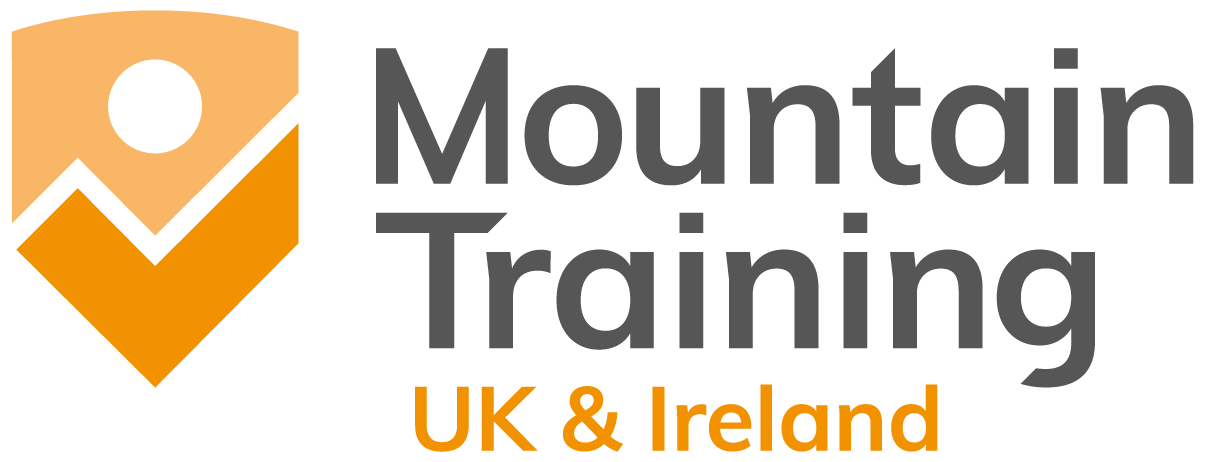2024 Safety Report
06.02.25Produced by John Cousins, CEO, Mountain Training UK & Ireland, 06/02/2025
Introduction
The Mountain Training Safety Report 2024 provides an overview of key safety trends, risks, and recommendations within the Mountain Training community as they relate to the activities of climbing, walking and mountaineering. This report is based on data and published reports from 2024. The goal is to promote safe practices and reduce accidents in natural environments and associated artificial structures.
Key trends
- Increase in hill walking and climbing wall participation:
- Post-pandemic interest in adventure activities continues to rise, with Sport England’s Active Lives survey showing climbing, bouldering, hill and mountain walking among the few activities showing a ‘significant increase’.
- National parks and other recreational areas continue to note record visitor numbers, with associated reports of overcrowding in some locations and strain on resources.
- Extreme weather events, such as very high winds, flooding, sudden storms and large temperature variations have become more frequent, posing significant risks to outdoor enthusiasts.
- The use of GPS devices, satellite messengers, and safety apps has aided emergency responses. However, over-reliance on technology has led to some users neglecting traditional navigation skills and preparation.
- Climbing wall construction and development continues and with it, further rises in the number of participants.
- Increase in Mountain Rescue operations:
- Pressure on rescue services is also rising with the most recent Mountain Rescue for England and Wales report acknowledging that they can’t sustain current numbers (the Llanberis Mountain Rescue team that support Yr Wyddfa/Snowdon are close to averaging a rescue every single day of the year).
- Many incidents involving inexperienced hikers.
- Common reasons for rescues include getting lost, injuries and adverse weather conditions.
- Licensing, safeguarding and safety
- Adventure activities are, in some cases, subject to a regulatory framework but this is very tightly defined and many activity providers fall outside of this definition (see Haverfordwest SUP and Glasgow prosecution below for examples).
- There is now also a very understandable drive to address the safeguarding of young people and vulnerable adults across sport and the wider society. However, with this comes a further challenge to ensure we address this in the context of overall safety of all participants (see both the Coroner’s concerns below regarding the Scout Association report and the Marine Accident Investigation Branch’s report on Haverfordwest Stand Up Paddleboard fatalities).
Developments within the Mountain Training network
Within Mountain Training we are very pleased to have been key to the formation this year of the new Mountain Safety Forum for England and Wales, which draws heavily on the well-established Mountain Safety Group for Scotland and is set to also include colleagues from Ireland in the near future. These forums allow us to work with many key stakeholders to gather incident data, develop further good practice and where appropriate use a wide range of channels to communicate with the walking and climbing public.
During this year we have also begun work to support a BMC Insurance working group and we continue to share learning with colleagues across several adventure sports and a variety of safety management committees.
Participation in Mountain Training’s courses
Across our 15 qualifications and our five skills courses, through our network of approved training providers, we delivered 30,000 participant days in 2024. A further 2,500 participant days, or shorter session equivalents, have been delivered as further training through our Mountain Training Association, ensuring our qualified leaders and instructors remain current and confident about their good practice. So, 32,500 participant days were delivered in Mountain Training’s name in 2024.
Incidents on Mountain Training courses
Incidents on Mountain Training courses are rare and our providers are very diligent in reporting anything which helps us all to learn and refine our practices across all disciplines. From Winter Mountain Leader to Climbing Wall Instructor and from Lowland Leader to Mountaineering and Climbing Instructor our providers have supplied detailed reports for a total of ten incidents and two near misses on our courses through the year. Near misses involved belaying errors and stove mis-handling. There were very minor injuries during warm up sessions and whilst bouldering. A dog bite at the foot of a large crag, a sprained ankle whilst walking and assistance for a family at a crag with loose rock were all dealt with very effectively. Potentially more serious was rock fall striking an assessor on a mountain crag and a minor injury during a winter self-arrest exercise. The most serious incidents in 2024 were two health issues, one for a candidate and one for one of our providers. All of these incidents have had positive outcomes for those involved.
Incident reporting and analysis
Our providers liaise with Mountain Training staff as any such event unfolds and they then submit detailed reports at the end of every course. Mountain Training technical staff members then analyse these reports. The technical staff from across the national Mountain Training organisations meet every month to share information about incidents and consider what, if any action might be required across our network. None of the above incidents have resulted in specific changes to any of our training schemes but all are drawn upon when our staff run annual provider updates.
Major investigation - Mountain Training
Over a 12 month period, since August 2023, Mountain Training Cymru (MTC) has conducted an investigation into an accident that occurred during the first day of a Rock Climbing Development Instructor assessment at Bus Stop Quarry, North Wales. The purpose of the investigation was to conduct an impartial, proportionate, transparent and ethical investigation to establish the facts of what happened and identify any lessons to be learned that could prevent an accident occurring in the future, protecting people and preventing injury. It was not the intention of the investigation to apportion any blame.
The investigation identified four lessons learned for Mountain Training;
- Firstly there is an opportunity to compare and contrast the various pathways to becoming an approved qualification provider, course director, and staff member.
- Logbook experience was identified as critical. In the context of rock climbing the differences between single and multi-pitch experience is particularly important to assess.
- Thirdly it is recognised that providers working in isolation do need good quality support.
- Finally it has been recognised that national Mountain Training organisations’ provider agreements and resources frequently evolve in isolation. Mountain Training will therefore explore the role for MTUK&I to coordinate and share best practice across all national Mountain Training organisations.
We have updated our guidance within our climbing qualifications to reflect some of these issues, our providers have been given further training and we are currently developing guidance on why we require people to climb at specified grades and more widely why we need our candidates to go first. Lastly, we have developed an investigation template that will allow any of the 15 organisations within our network to conduct a similar investigation, if need be, in the future.
External incidents
Benjamin Leonard: Prevention of future deaths report (26th February 2024).
Ben Leonard, 16, was among a group of Explorer Scouts visiting Llandudno's Great Orme when he fell 200ft (60m) from cliffs. An inquest jury found a leader and his assistant responsible for unlawful killing, and neglect by the Scout Association contributed. The coroner went on to report concerns that there was a risk that future deaths will occur unless action is taken. You can read the Coroner’s concerns here. Highlighted issues include risk assessments, first aid provision, the need to balance safeguarding and safety, the need for a policy of candour and the complexities of large organisations and their responsibilities to their delegated activity providers.
Haverfordwest Stand up Paddleboard tragedy
In December 2024 the owner of a paddleboard tour company was charged in connection with the death of four people following an incident in 2021. The charges were four counts of gross negligence manslaughter and one offence under the Health and Safety at Work Act. Four participants in an organised stand up paddleboarding event died during an incident at a weir on the River Cleddau, Pembrokeshire on the 30 October 2021 during a period of heavy floodwater. Adventure activities provided for adults are not subject to the Adventure Activity Licensing Authority and this case was investigated by the Marine Accident Investigation Branch. You can read about lessons to be learned by every leader, instructor, guide and coach here. This was an independent investigation into the most recent accident involving multiple fatalities within adventure activities and while the activity was not walking or climbing the parallel lessons are very clear.
Company sentenced for failings that led to child’s death on River Tay (21st October 2024)
A Glasgow-based outdoor activity company has been sentenced for health and safety failings which led to the tragic death of a 12-year-old boy on the River Tay. You can read the report from the Procurator’s Office here.
Triple fatality on the Aonach Eagach Ridge
At the end of 2024 experts were appointed in preparation for a Fatal Accident Inquiry into the triple fatality in 2023 on the Aonach Eagach ridge in Glencoe. This incident occurred in classic mountaineering terrain but with no surviving witnesses and we therefore wait with great interest for the outcome of the fatal accident inquiry.
Conclusion
The Mountain Training Safety Report 2024 highlights the importance of preparation, awareness and responsible behaviour in reducing accidents and ensuring a safe outdoor experience. See our skills courses and textbooks for more detailed information on good practice.
Disclaimer: This report is for informational purposes only and should not replace professional advice or training.
